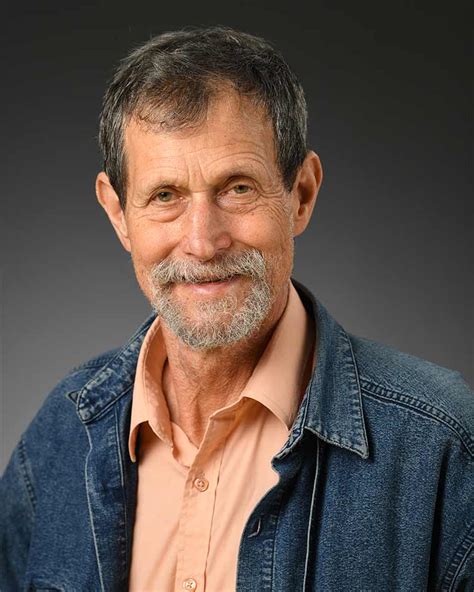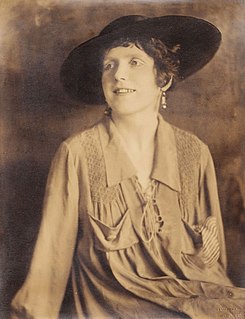A Quote by Willa Cather
What was any art but a mould in which to imprison for a moment the shining elusive element which is life itself - life hurrying past us and running away, too strong to stop, too sweet to lose.
Related Quotes
I cannot life for life itself: but for the words which stay the flux. My life, I feel, will not be lived until there are books and stories which relive it perpetually in time. I forget too easily how it was, and shrink to the horror of the here and now, with no past and no future. Writing breaks open the vaults of the dead and the skies behind which the prophesying angels hide. The mind makes and makes, spinning its web.
Life, as we find it, is too hard for us; it brings us too many pains, disappointments and impossible tasks. In order to bear it we cannot dispense with palliative measures... There are perhaps three such measures: powerful deflections, which cause us to make light of our misery; substitutive satisfactions, which diminish it; and intoxicating substances, which make us insensible to it.
Howard Altmann has found a way to make language transform itself. If the elusive moment between I and Thou could speak, it might be one of his quietly amazing lines-'you ask the silence to invert itself / like a gymnast in the dark . . . ' Without a trace of rhetoric, In This House reminds us of the power of poetry: to show us how to live in a world in which we are strangers. It's a thrill to come close to such an original and deeply realized art.
Through the present moment, you have access to the power of life itself, that which has traditionally been called "God." As soon as you turn away from it, God ceases to be a reality in your life, and all you are left with is the mental concept of God, which some people believe in and others deny. Even belief in God is only a poor substitute for the living reality of God manifesting every moment of your life.
Perhaps the critics are right: this generation may not produce literature equal to that of any past generation-who cares? The writer will be dead before anyone can judge him-but he must go on writing, reflecting disorder, defeat, despair, should that be all he sees at the moment, but ever searching for the elusive love, joy, and hope-qualities which, as in the act of life itself, are best when they have to be struggled for, and are not commonly come by with much ease, either by a critic's formula or by a critic's yearning.
Art thou in misery, brother? Then I pray Be comforted. Thy grief shall pass away. Art thou elated? Ah, be not too gay; Temper thy joy: this, too, shall pass away. Art thou in danger? Still let reason sway, And cling to hope: this, too, shall pass away. Tempted art thou? In all thine anguish lay One truth to heart: this, too, shall pass away. Do rays of loftier glory round thee play? Kinglike art thou? This, too, shall pass away! Whate'er thou art, wher'er thy footsteps stray, Heed these wise words: This, too, shall pass away.
Desire demands only a constant attention to the unknown gravitational field which surrounds us and from which we can recharge ourselves every moment, as if breathing from the atmosphere of possibility itself. A life’s work is not a series of stepping-stones onto which we calmly place our feet, but more like an ocean crossing where there is no path, only a heading, a direction, which, of itself, is in conversation with the elements.
If it is true that it is the simplicity of the Einsteinian formulae which constitutes their difficulty, that they are so obvious as to escape notice, it seems to me that this applies to events in life, numberless happenings, perhaps the basic ones, which we, saturated in detail and hurrying through subdivisions, lose sight of.
Some birds are not meant to be caged, that's all. Their feathers are too bright, their songs too sweet and wild. So you let them go, or when you open the cage to feed them they somehow fly out past you. And the part of you that knows it was wrong to imprison them in the first place rejoices, but still, the place where you live is that much more drab and empty for their departure.
We are left with nothing but death, the irreducible fact of our own mortality. Death after a long illness we can accept with resignation. Even accidental death we can ascribe to fate. But for a man to die of no apparent cause, for a man to die simply because he is a man, brings us so close to the invisible boundary between life and death that we no longer know which side we are on. Life becomes death, and it is as if this death has owned this life all along. Death without warning. Which is to say: life stops. And it can stop at any moment.
I feel as if one would only discover on one's death-bed what one ought to have lived for, and realise too late that one's life has been wasted. Any passionate and courageous life seems good in itself, yet one feels that some element of delusion is involved in giving so much passion to any humanly attainable object. And so irony creeps into the very springs of one's being.
































